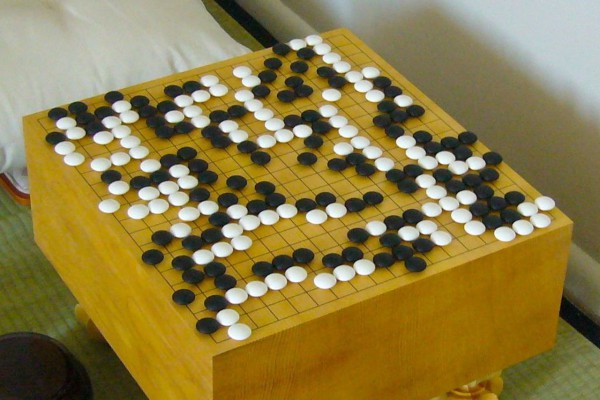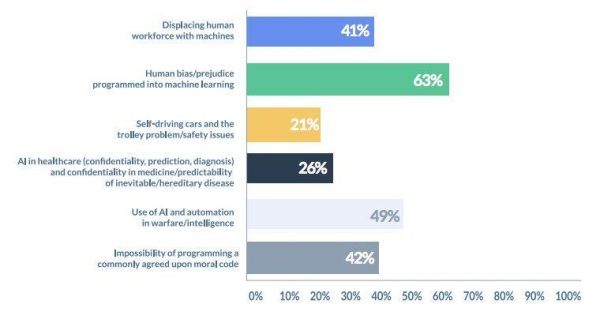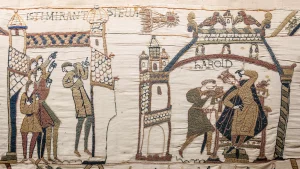Facebook is building artificial intelligence to finally beat humans at Go

Facebook is now tackling a problem that has evaded computer scientists for decades: how to build software that can beat humans at Go, the 2,500-year-old strategy board game, according to a report today from Wired. Because of Go’s structure — you place black or white stones at the intersection of lines on a 19-by-19 grid — the game has more possible permutations than chess, despite its simple ruleset. The number of possible arrangements makes it difficult to design systems that can look far enough into the future to adequately assess a good play in the way humans can.
“We’re pretty sure the best [human] players end up looking at visual patterns, looking at the visuals of the board to help them understand what are good and bad configurations in an intuitive way,” Facebook chief technology officer Mike Schroepfer said. “So, we’ve taken some of the basics of game-playing AI and attached a visual system to it, so that we’re using the patterns on the board—a visual recognition] system—to tune the possible moves the system can make.”
SOFTWARE THAT CAN PLAY GO BY MIMICKING THE HUMAN BRAIN
The project is part of Facebook’s broader efforts in so-called deep learning. That subfield of artificial intelligence is founded on the idea that replicating the way the human brain works can unlock statistical and probabilistic capabilities far beyond the capacity of modern-day computers. Facebook wants to advance its deep learning techniques for wide-ranging uses within its social network. For instance, Facebook is building a version of its website for the visually impaired that will use natural language processing to take audio input from users — “what object is the person in the photo holding?” — analyze it, and respond with relevant information. Facebook’s virtual assistant, M, will also come to rely on this type of technology to analyze and learn from users’ requests and respond in a way only humans could.










